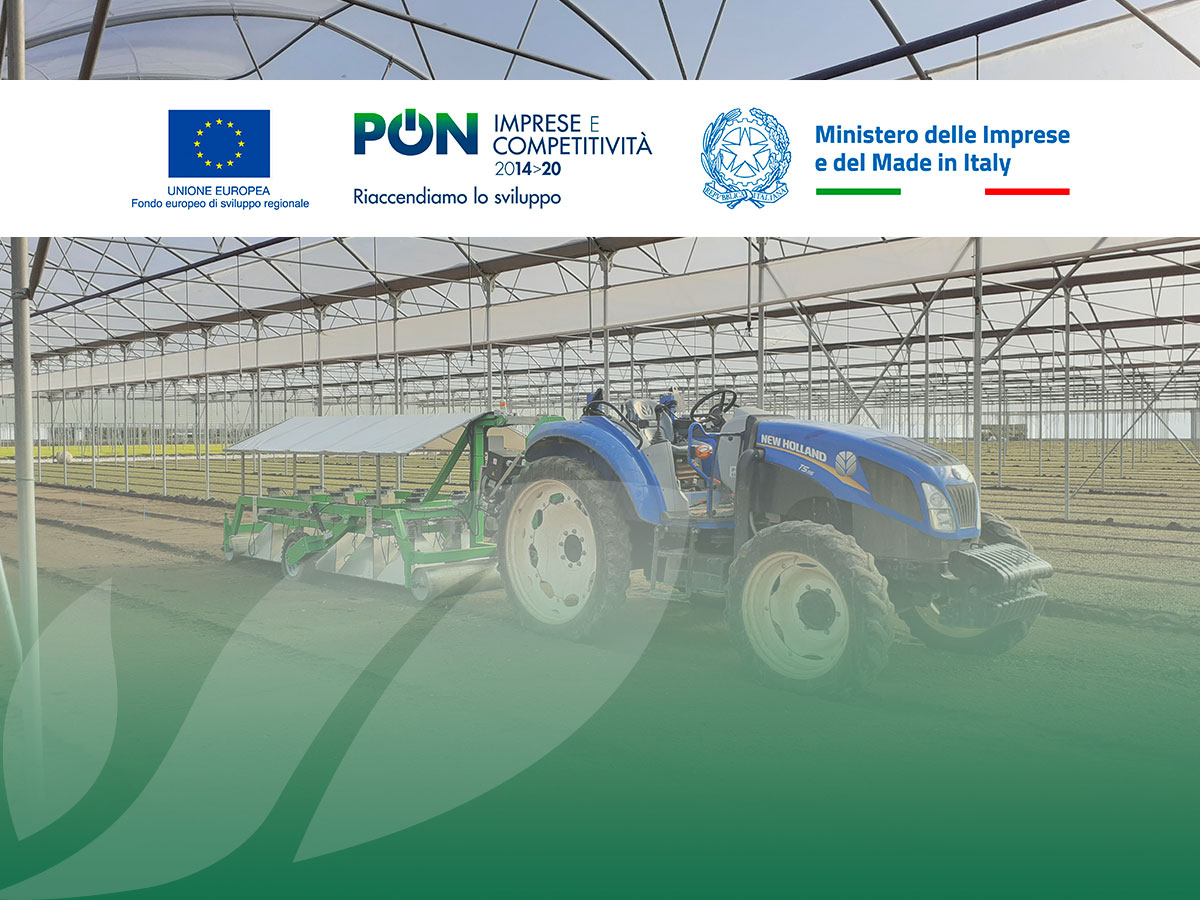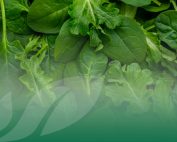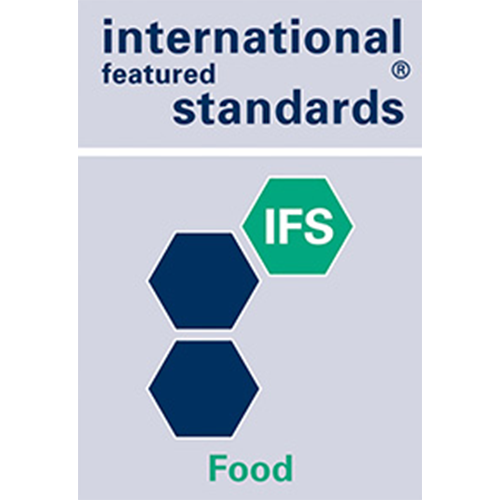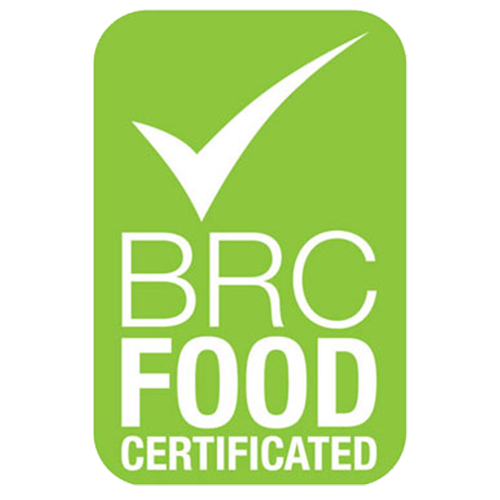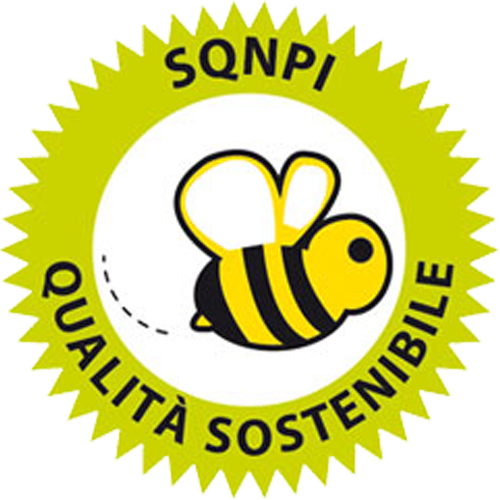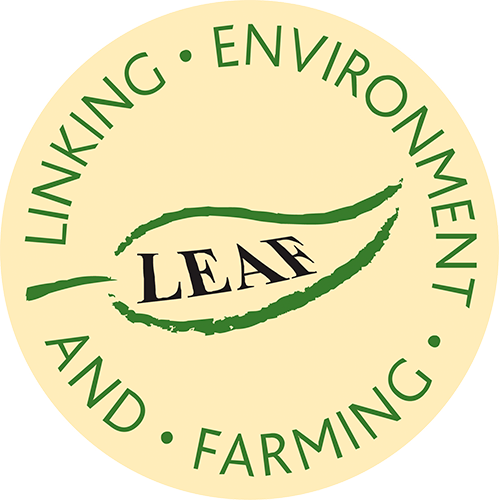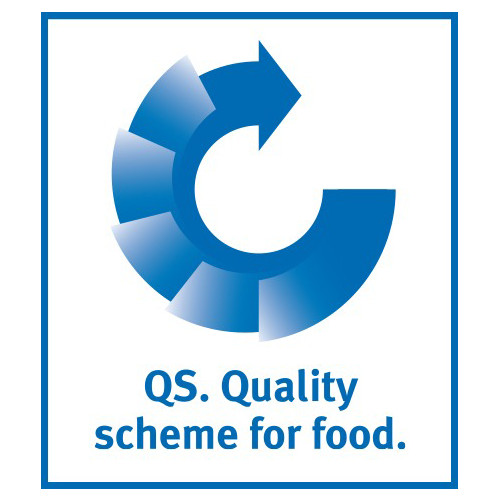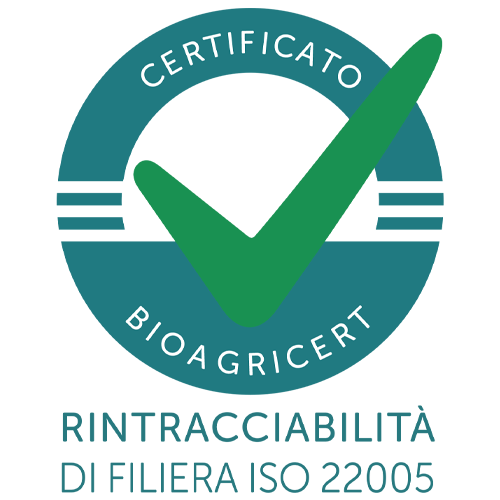The first ever microwave for sustainable agriculture to be developed
MO.PAS: The first microwave for sustainable agriculture is being tested and promises to revolutionise the agricultural sector. Let’s find out more.
Recently, the renowned magazine FreshPlaza informed its readers about the MO.PAS. prototype, an innovative system that promises to revolutionise the sustainable agricultural industry.
This product, which is still in its experimental phase, has been developed thanks to the collaboration of 2 leading manufacturing organisations, with the support of 2 major university centres, united by a common mission: to improve the agricultural sector and help create a future that is as environmentally sustainable as possible.
And Op Isola Verde is one of the main protagonists of this great adventure! We are proud to find ourselves on the front line as co-promoters spearheading this truly ambitious initiative. Let’s see what it’s all about.
What is the MO.PAS prototype?
The MO.PAS prototype, which stands for Microwave for Sustainable Agriculture, represents a crucial breakthrough on the modern agricultural scene. The use of innovative antennas to emit microwaves that penetrate soil and plant tissues and eliminate pathogens in soil and weeds makes crops healthier and stronger, replacing traditional pesticide products.
The advantages of this advanced technology are truly remarkable: land with more resources and minerals, cleaner water and soils, and agriculture that respects the planet with its 360-degree biodiversity.
Riscaldamento a microonde: la svolta per l’agricoltura del futuro
Despite the fact that MO.PAS is still being tested, microwave heating is already proving to be an outstanding revolution for modern agriculture. In fact, compared to traditional methods such as steam heating, solarisation or chemical heating, MO.PAS offers farms many more advantages in terms of environmental sustainability and energy efficiency.
This is because this innovative system drastically reduces costs compared to steam heating, it eliminates the long production downtimes required by solarisation, and eliminates the use of chemicals.
The project stakeholders
In addition to OP Isola Verde, other participants include Op Sole e Rugiada, proponent lead, Hortech, who has physically built the prototype, Antiga Sardigna (Gruppo La Linea Verde) and the Universities of Federico II of Naples and Aldo Moro of Bari.
Project phases
The MO.PAS project has been divided into 7 development phases, from laboratory research to studies at an industrial scale. These are the phases in more detail.
1. LABORATORY RESEARCH
Laboratory research was the first phase of this innovative project. We conducted in-depth analyses, with the support of Universities and the best research facilities, focusing on different soil types to discover the intensity and depth of penetration of microwaves and their effects on biome and weed control.
2. TREATMENT COMPARISONS
In the second phase, we tested this new technology against traditional methods. We assessed the efficacy and sustainability of microwave treatment compared to heat treatments and pesticides, discovering how microwaves can offer a more environmentally friendly and efficient solution for modern agriculture.
3. DEFINING OF THE PARAMETERS
During the third phase, we fine-tuned the prototype settings. We established the optimal parameters for the machine and selected the best microwave emitter. This has allowed us to achieve excellent performance levels in various agricultural conditions.
4. SOFTWARE DESIGN
We have also developed a state-of-the-art software to monitor and control microwave emissions in real time. This intelligent system ensures optimal use of MO.PAS technology, giving farmers a powerful and user-friendly tool to improve the productivity of their crops.
5. PROTOTYPING
The fifth phase was dedicated to the construction and testing of the prototype at the company’s facilities. This allowed us to assess the effects of microwaves on soils and crops under real conditions, gathering valuable data to further fine-tune our technology and accomplish the best possible results.
6. ENVIRONMENTAL IMPACT ANALYSIS
During the next phase, we conducted a detailed analysis of the environmental impact of microwaves. This included a thorough assessment of the effects on the ecosystem, paying particular attention to how the use of microwaves interacts with soil, water resources and the quality of the air.
7. ASSESSMENT OF THE EFFECTS OF MICROWAVES
Subsequently, we carried out several different studies to assess the consequences of microwaves on the soil, environment and crops, aimed at ensuring that the product is not only effective but also safe and sustainable for the ecosystem.
8. INDUSTRIAL FEASIBILITY STUDY
Finally, in the final phase, we assessed the potential of MO.PAS technology on an industrial scale. We investigated how our system can be integrated within the IV supply chains and identified possible strategies for its large-scale marketing
MO.PAS: a huge potential
All the research and experiments, including field tests, have confirmed that MO.PAS has the potential to truly revolutionise modern agriculture, making it more efficient, safe and sustainable.
Where a future in which crops grow stronger, healthier and without the use of harmful chemicals is a future that is closer than we thought: with this innovative prototype, we are plotting a totally new route that responds in the safest and most responsible manner to current environmental challenges.
We are deeply proud to play a part in this agricultural revolution, because every step forward with MO.PAS is a step towards a healthier, safer and more sustainable world.

